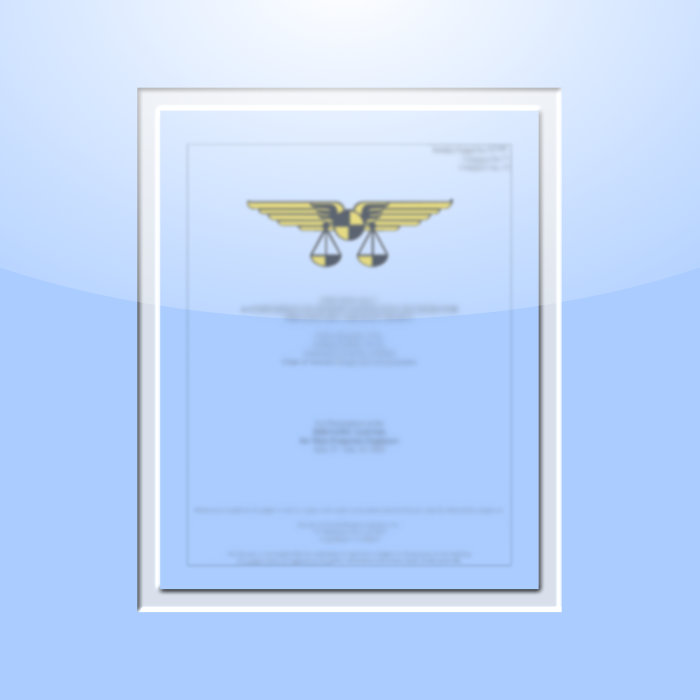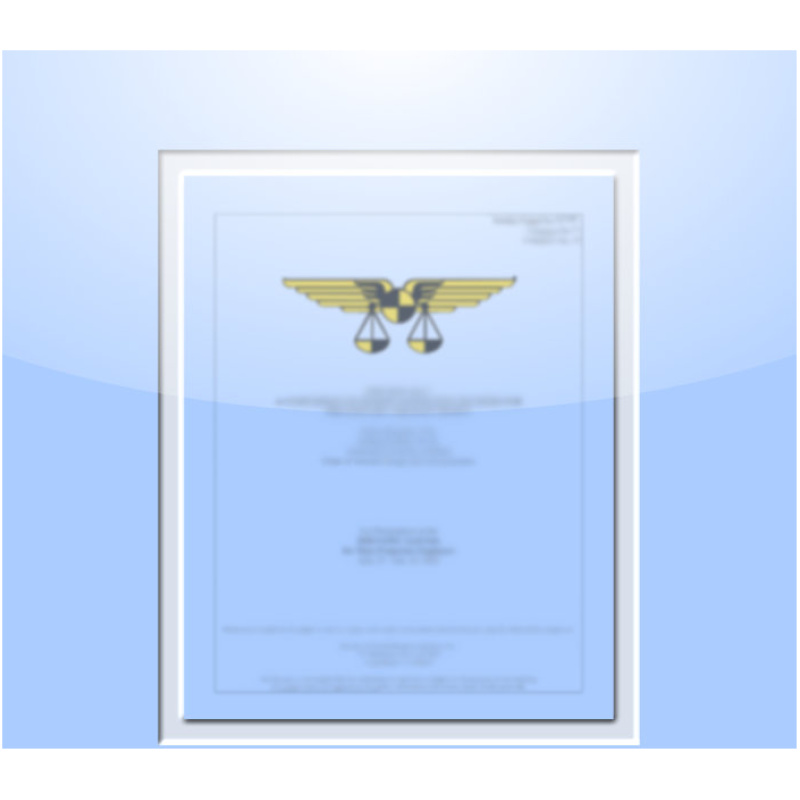
3724. Methods and Processes for Robust Mass Properties Management in the Automotive Industry with a Main Focus on Mass Uncertainties
$20.00
SAWE Members get a $200 store credit each year.*
*Store credit coupon available at checkout, click the button in your shopping cart to apply the coupon.
Not applicable to SAWE textbooks and current conference technical papers.
Paper
Abstract
The mass of an automobile represents a crucial parameter for development because it influences the design of the automobile as well as decisive purchasing characteristics such as driving dynamics, fuel consumption and range. The dimensioning effect of the automobile mass has so far led to the definition of challenging and fixed mass targets. Since the automotive industry is characterized by high cost pressure, product complexity (e.g. due to modular and platform strategies, supplier chains and manufacturing constraints), increasing product range and volatile boundary conditions (e.g. due to regulation) automobile masses are permanently changing during development. This can no longer be robustly controlled by fixed mass targets. In practice, this often results in late missed mass targets, which lead to heavy and costly countermeasures.Therefore, the specific requirements of the automotive industry demand a highly developed mass properties management (MPM). This paper presents such a MPM through a practice oriented and flexible methodology. The methodology is based on existing MPM approaches (including SAWE practices) and adapted to the automotive industry. It consists of a mass target framework enriched by a mass prognosis tool, an economic evaluation method for automobile mass scenarios, methods for identifying lightweight design measures and a phase-adequate determination of mass uncertainties. The methods are strongly based on the approach of PGE – Product Generation Engineering, which says that products are developed in generations and therefore information can be reused.This paper deals in particular with the determination of mass uncertainties. Five types of mass uncertainties are identified, compared to the SAWE mass change codes and quantified on the basis of real automobile projects. Since the uncertainties provide transparency on mass potentials and risks, a suitable approach corridor for mass target guidance is derived from them. Furthermore, approaches are presented how mass uncertainties can be interpreted as quality indicators of current MPM processes and how the entire method can be automated. Finally, the mentioned methods above are combined to form a process to derive and manage robust mass targets, buffers and design masses for automobile development.


